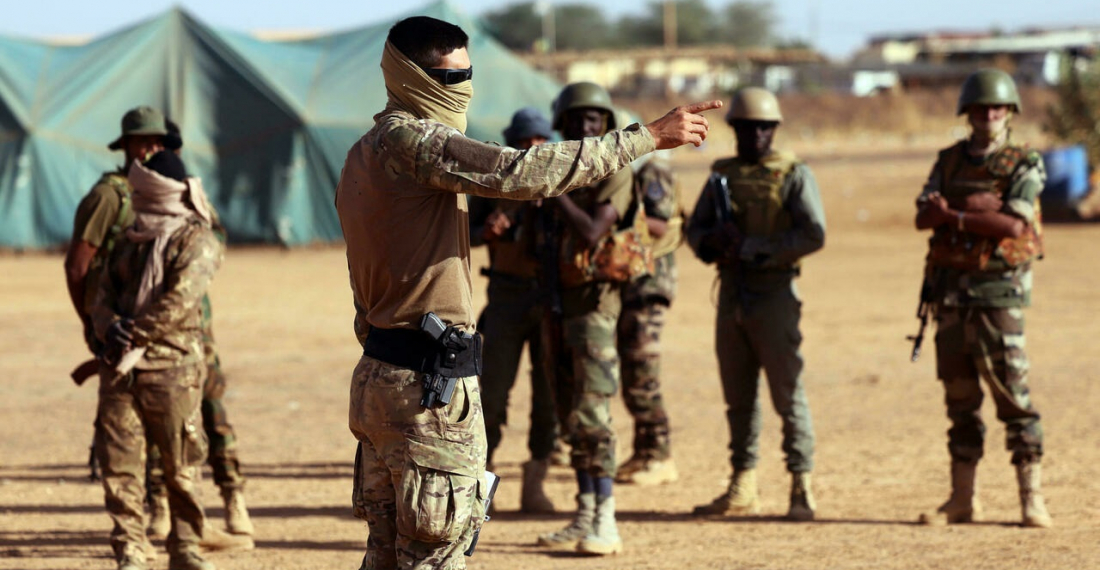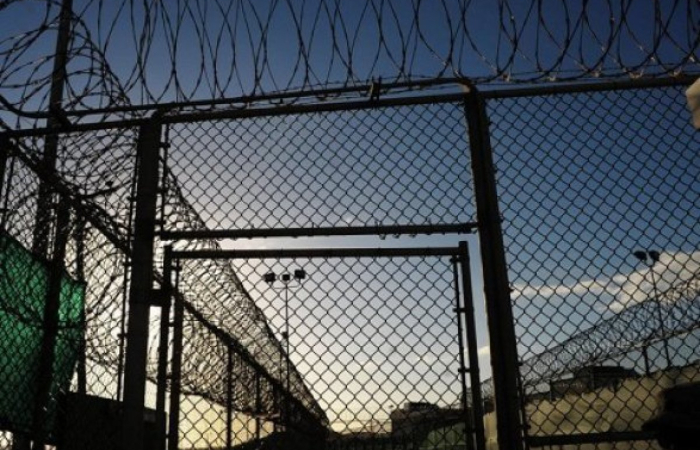French soldiers of the Barkhane operation have killed forty jihadists in Burkina Faso linked to the recent attacks in the north of neighbouring Benin which left nine dead, including a former French soldier, the French army announced on Saturday 12 February.
The French-led Barkhane force in the Sahel region, alerted by its Beninese and Burkinabe partners, “engaged its air intelligence capacities to locate the armed group” responsible for the attacks before carrying out air strikes on Thursday in which 40 jihadists were killed.
The French attack was a response to several terrorist attacks last week in Benin, where two roadside bombs and another explosion killed five forest rangers, two park officials, a soldier and a French trainer, according to a Benin government report.
Benin had long been an oasis of stability in West Africa, a region where many jihadist fighters from Al-Qaeda and the Islamic State (EI) operate. Yet a series of recent cross-border raids in the southern Sahel countries has confirmed concerns that jihadist groups are seeking to progress towards the coast.
France, which has been fighting jihadist groups in the Sahel since 2013, could announce in the coming days the withdrawal of its troops from Mali, as the governing junta in Bamako displays rising antagonism to the French presence.
Indeed, this week appears to be crucial for the French and European engagement in the Sahel, as a series of meetings between European foreign ministers, the French President, and Sahelian leaders will take place today and Wednesday.
It is at the end of the meeting between French President Emmanuel Macron and some West African leaders on Wednesday 16 February that the announcements are expected to be made.
However, despite the fact that the departure of the French Barkhane force from Mali seems to be a foregone conclusion, it is also now likely that the French and European commitment is likely to be reorganised in neighbouring Sahelian countries and extended to the countries of the Gulf of Guinea.






